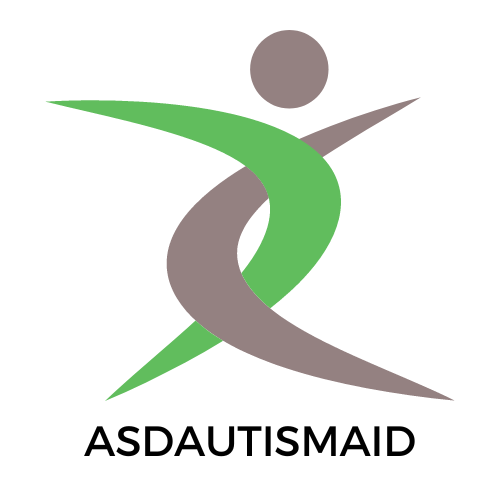Now, I work with teachers from 9 colleges and institutions.
I was trying to count the number of schools I’ve worked for over my 26-year job, which is well over 30.
I know that I have experience and expertise. It’s certainly a situation of false humility.
BUT…
What I have learnt in my profession, is that we are not the ONLY authorities. Comments are simpler to formulate than to put into practice.
I’ve seen occupational therapist ( and other allied health professionals ) who are wonderful activists, amazing with children, making great recommendations… becoming disillusioned with working in schools, frustrated by a lack of carry over into the school or being asked by schools never to return.
Working with educators should hardly come as a surprise to me. I come from a position of admiration. Respect for the work they do, regard for the knowledge they have ( even if they are fresh graduates ), value for their limits. Instructors deserve respect. They work very hard! They face pressure of the education, the classroom, parents and OTs, allow only teaching children who may not all want to be there to discover.
As paediatric OTs, we invest a lot of our time in developing relationships with our patients ( our kids ) to provide client-centered care. We might even work on building relationships with parents, but do we share the same therapeutic relationship with professors?
Rapport comes from good communication ( written, verbal, informal and formal ). Even if it’s a dear in the park or a crucial loans, it comes from opportunities to grow the relationship! Rapport comes from compassion and network.
How can I assist you?
As I mentioned earlier, recommendations are easier to make than to adopt.
When our comments are no implemented, we have to question why. Are they exaggerated? Is it time? Has the instructor already implemented these? Does the professor understand the reasons behind the proposal? Is it realistic to employ? How did we make the endorsement?
When we ask the teacher… “how can I help you”?, we are inviting engagement, listening to their main problems, listening to practical concerns about application. We may ask, “what has worked for you”? “what has n’t”?
Approaches to work with teachers:
- Can we assist by offering whole-class strategies that benefit both the buyer and the entire school? Can we give mind breaks that allow the entire class to receive sensory input, for instance?
- Are our suggestions useful? Did we consider the tips ourselves?
- Can we give to deliver resources? For instance, modified document, checklists, pencil grips, cultural stories, physical prompts.
- Had the teacher like activities that the child may do separately?
- Would the teacher be interested in a group project where other kids could gain as well?
- Would the teacher enjoy activities that could be included in a station rotation?
” Push in”…. I actually hate this expression. I am aware that it is frequently used in some parts of the world to represent a therapy approach where OTs are present in the classroom and offering assistance to the students. The term “push in” implies that we are not wanted, not needed, not valued.
I hope we ( OTs ) are not “pushing in” but being “invited in”. If we want to be valued as a profession, we need to value those whom we work with.
If you are a teacher who reads this blog, I’d love to hear from you. How do you want to collaborate with other therapists?

